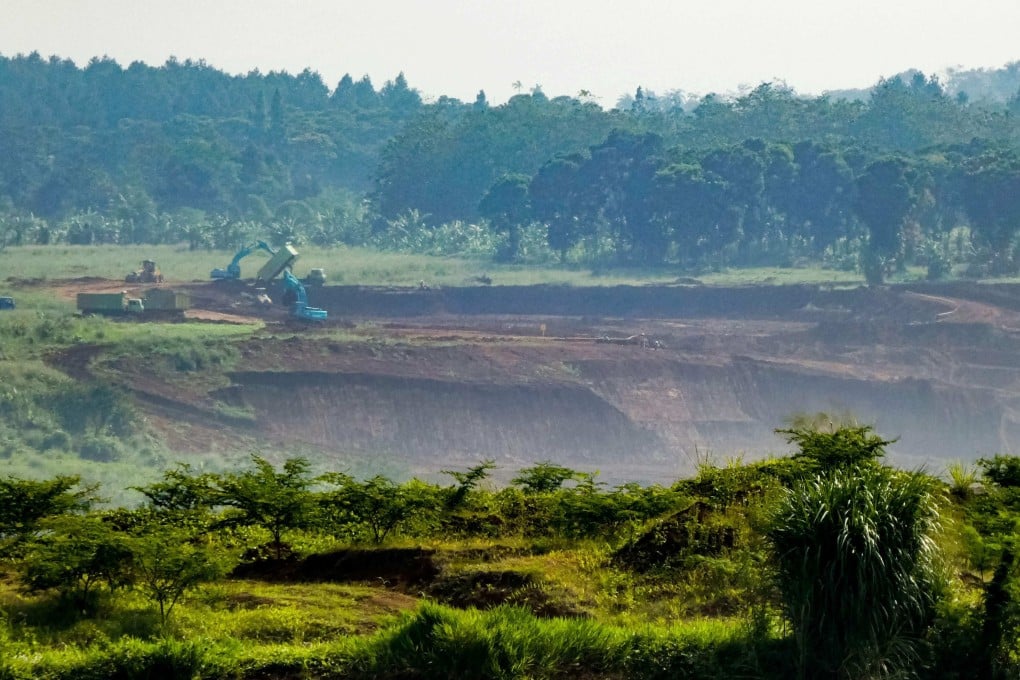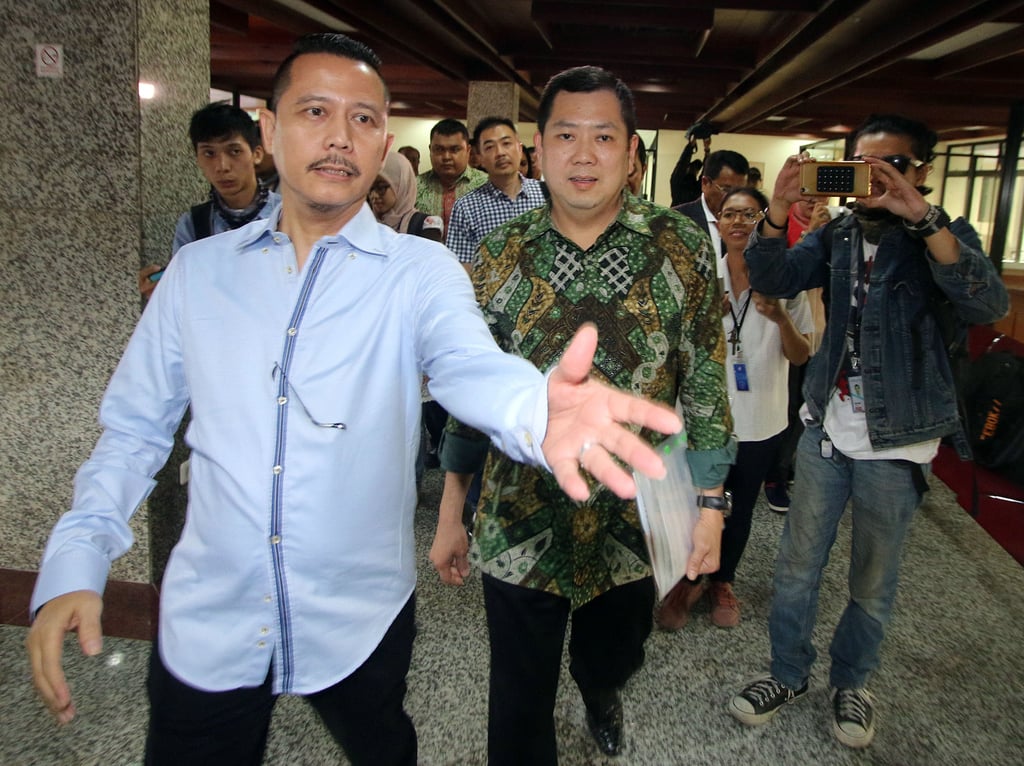Destinations known | Has Trump been dumped from Indonesia ‘dream projects’ as the brand trends down?
- The Trump Organisation inked a deal in 2015 with Indonesian conglomerate MNC Group to build “the first integrated Trump Resort and Residences in Asia”
- At a recent event, any mention of the Trump name was “scrubbed” from promotional materials for one of the projects

Donald Trump – the brand, the man, the myth – has been trending down recently. First, the then United States president lost his bid for re-election, next his Twitter account was permanently suspended to prevent “the risk of further incitement of violence” after his supporters stormed the US Capitol, and now the man’s name “has been scrubbed” from promotional materials for what was to become his organisation’s first Asian resort project, according to financial newspaper Nikkei Asia. Sad.
“Plans to build Trump-branded country clubs, luxury resorts and residences as part of a 35 trillion rupiah [HK$18.84 billion] entertainment complex in Indonesia appear to have stalled,” reports the Nikkei. The complex in question, Lido City, is being developed by Indonesian conglomerate MNC Group and is under construction about 60km south of Jakarta.
In 2015, MNC and the Trump Organization inked a deal to build “the first integrated Trump Resort and Residences in Asia”, which were to include a “six-star” resort, country clubs and golf courses bearing the Trump name in Lido and on the island of Bali. However, “at a presentation by MNC Land on [March 10] there was no mention of the Trump Organization’s involvement”, reports the Nikkei.

When MNC’s executive chairman, Hary Tanoesoedibjo – who, like Trump, built his fortune “in real estate and media and on a mountain of debt”, according to Forbes – was asked about the progress of the Trump-branded parts of the project, he said they “won’t likely pick up yet for the time being”.
“He did not elaborate,” adds the Nikkei.
When executive vice-president of the Trump Organization Donald Trump Jnr visited Indonesia in August 2019, he described the planned resorts as “dream projects”, according to Reuters. But dreams don’t always come true, and if MNC promotional materials for Lido City dated February 11 are a sign of things to come, those fantasies could be slipping away – the five-page, bilingual press release is a decidedly Trump-free document.
The Bali project is also “facing a new reality”, according to a Bloomberg article from June 2020, which reported that MNC “is now considering remodelling the design of the Trump-branded six-star hotel and residential venture in a bid to make the property more affordable”. Speaking to Bloomberg, Tanoesoedibjo said: “I see people have become more modest. It shouldn’t be too lavish.” We don’t imagine that “modest” aligns well with the Trump Organization’s brand identity given the infamous golden escalator at Trump Tower that was integral to the launch of Trump’s candidacy for president.
